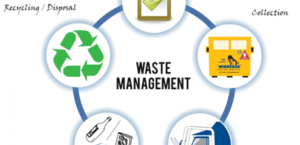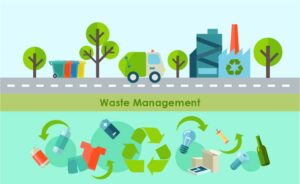EPR AUTHORISATION GUIDELINES
 EPR E- WASTE MANAGEMENT
EPR E- WASTE MANAGEMENT
E-waste Defined
E-waste is any electrical or electronic equipment that’s been discarded. This includes working and broken items that are thrown in the garbage or donated to a charity reseller like Goodwill. Often, if the item goes unsold in the store, it will be thrown away. E-waste is particularly dangerous due to toxic chemicals that naturally leach from the metals inside when buried.
 EPR PLASTIC WASTE MANAGEMENT
EPR PLASTIC WASTE MANAGEMENT
Single use plastic (plastic sticks of ice cream, balloon, flags, ear buds, decorative items, spoon, forks, cup, glass, cutlery) will be phased out by July 2022.
 EPR BATTERY WASTE MANAGMENT RULE
EPR BATTERY WASTE MANAGMENT RULE
New Battery Waste Management Rules make producers accountable for recycling
lectric vehicles will be key to decarbonising transport. The recent Battery Waste Management Rules, 2022 notified by the Narendra Modi government promises to trigger circular economy, but it needs to be designed to enable efficient and effective recycling. One of the methods to achieve a reasonable amount of success with circularity is to follow a cradle-to-cradle trajectory for the electric cars and their batteries. The recently released Battery Waste Management Rules 2022 by the Union Ministry of Environment Forest & Climate Change aims to achieve this by placing the producer and importer of batteries at the centre of battery recycling rules with extended producer responsibility (EPR).EPR E-WASTE NEW GUIDELINES
 |
EPR PLASTIC WASTE GUIDELINES
 |